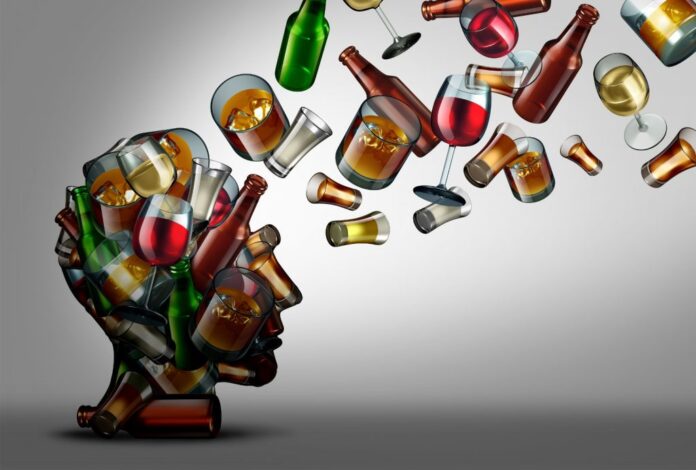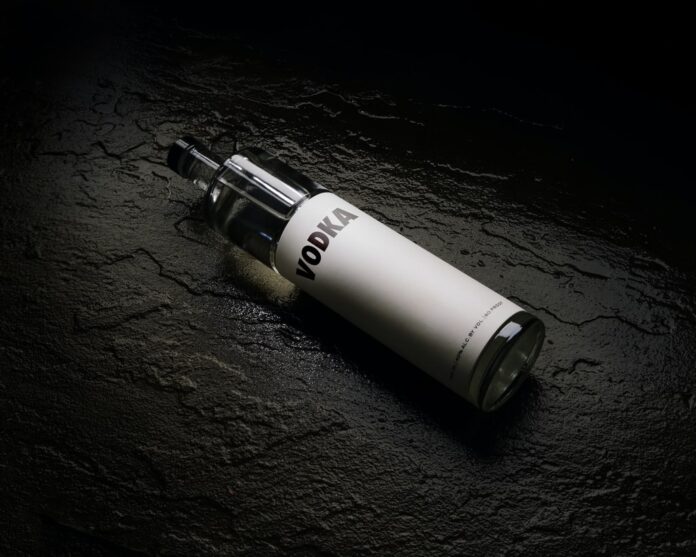No one ever wants to admit they have a problem with alcohol. We never want to be in the position of being unable to control our drinking and needing help getting back on track. The most important thing to do in the recovery process is to be honest with yourself about your dependence on it and what you can do about it. The best way to start the recovery process is by asking professionals questions that will help you get a better understanding of your addiction.
Here are four questions that will help guide your conversations with professionals during this critical time in your life:
1. How long do you think the treatment is necessary?
2. What can I expect during the detox?
3. Will the treatment continue to work if I stop my routine?
4. What happens after this process?
Let’s discuss each one of them in detail:
1. How Long Do You Think Alcohol Treatment Might Take?

This question ensures that your recovery will not be shorter than it needs to be. It also helps to ensure that if the treatment becomes longer than anticipated it’s for the right reasons and you are receiving the complete care addiction requires in order for you to maintain sobriety. Professionals like The Forge Recovery Center will also be able to tell you how the treatment works, what alcohol treatment is like, and whether or not this method is for you.
2. What Can I Expect During Alcohol Detox?

Alcohol withdrawal symptoms such as tremors, anxiety, depression, irritability, nightmares, headaches, vomiting, and insomnia are difficult enough without also dealing with alcohol cravings. This step ensures the detox has all the necessary medications to help you through this process so there is no risk of relapse during or after the detox due to these uncomfortable or dangerous side effects of this substance withdrawal.
3. Will Alcohol Treatment Continue To Work If I Stop My Routine?

It’s a fact that alcohol treatment works; however, it is also a fact that the recovery will only be successful with your continued participation and involvement. Taking responsibility for yourself and your addiction might mean directly challenging the behaviors you engage in, thinking patterns, or emotions that trigger the cravings and relapse triggers.
A professional can help you make a solid plan on how to develop the skills needed to participate fully in the recovery so it is effective for you as an individual. These types of treatment programs typically have services available such as individual counseling sessions, group sessions, or community support groups where the addiction can be treated comprehensively by professionals who specialize in this area. However, success will ultimately rely on how willing you are to put in the work. No treatment program alone will work for your addiction unless you as the alcoholic are willing to do what it takes to rehab successfully and maintain sobriety.
4. What Happens After Alcohol Treatment?

The recovery process doesn’t end when the treatment ends. It is a lifestyle change and requires work even after the treatment has been completed. Professionals will be able to help you make a plan on how the recovery will continue in your life.
This can include referrals to community resources, support groups, or perhaps follow-up counseling sessions with professionals who specialize in the addiction treatment specifically designed for those who have successfully completed an addiction treatment program.
These additional services can further enhance your chances of long-term successful recovery through this transition period that follows the treatment. Alcohol rehab should not interfere with your everyday life in recovery. It should help you manage alcohol addiction and cravings, which will make it easier to remain alcohol-free.
Some of the strategies that the professionals might give include:
- Take care of your mental health. A lot of people drink it because their mental health is not in great shape. If the recovery still leaves you feeling unhappy and stressed out, talk to your doctor about taking an antidepressant or anti-anxiety medication that can help improve your mental health.
- Don’t drink alcohol again. Although it may be tempting to give it another chance after the treatment, it is really important that you don’t do this. Your mind will play tricks on you so try to avoid people who are drinking it as much as possible too. This article here provides more information about why you should not drink it again.
- Continue being active during the recovery, but only if the activity makes you happy. There are some activities that are really good for you while your body heals from alcohol and its withdrawal. These activities will help improve your mood and self-confidence. If you do these activities, you may feel happier while the recovery is progressing and the cravings go away faster too. Your doctor or alcohol counselor can help give suggestions about what activity may be best suited for you.
- On the other hand, if you’re not really sure about continuing with an alcohol-free lifestyle, avoid doing activities that may remind you of alcohol or drinking it while in recovery. This way it feels like a vacation instead of an ongoing punishment because nothing reminds you of alcohol or getting drunk.
- Make friends with people who are also in the treatment or are committed to staying alcohol-free. You are not alone even though it might seem like it when the cravings are so strong. Find the recovery support groups or alcohol-free meetups in your area and talk to other people who have been through the recovery before too.
When this type of addiction is not treated it can lead to alcohol-related illnesses, alcohol overdose, and even death. If the addiction isn’t managed successfully or the treatment isn’t completed, relapse becomes a real (and dangerous) possibility. Working with professionals during the recovery process ensures you have the best chance of success in maintaining abstinence from alcohol indefinitely as part of your overall health plan.







